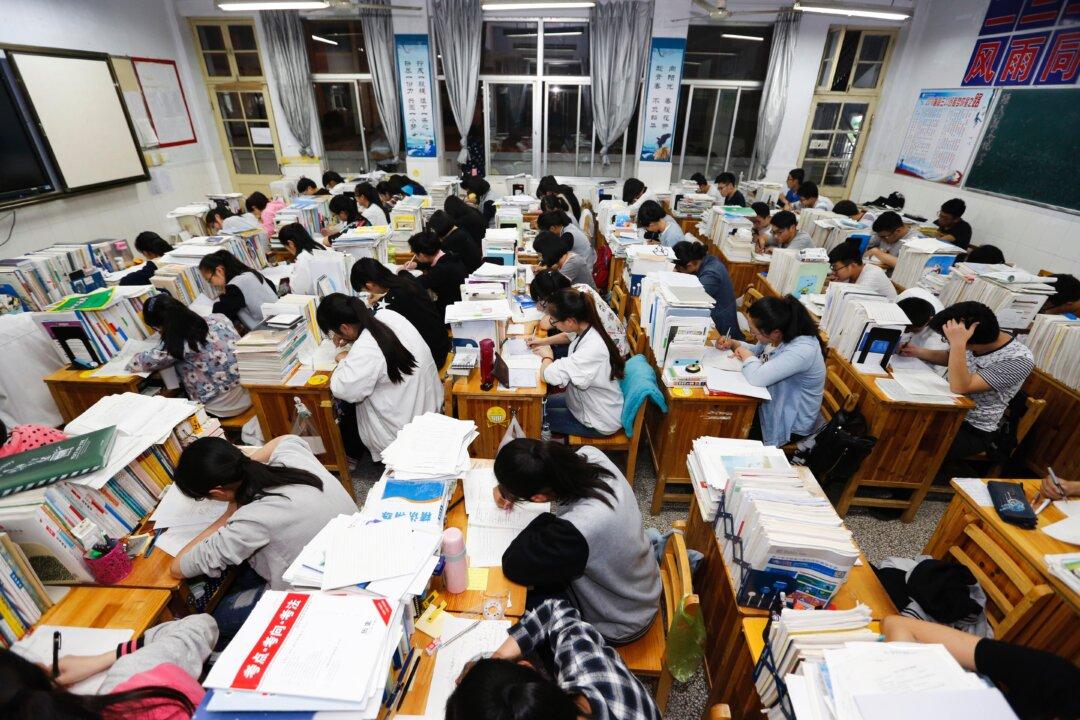China’s “social credit system,” reminiscent of a dystopian nightmare, has invaded yet another level of Chinese citizens’ lives: determining where their children can go to school.
In 2014, the Chinese regime first rolled out plans to create a social credit system, which ranks each citizen based on their levels of trustworthiness and compliance with the regime’s rules.





